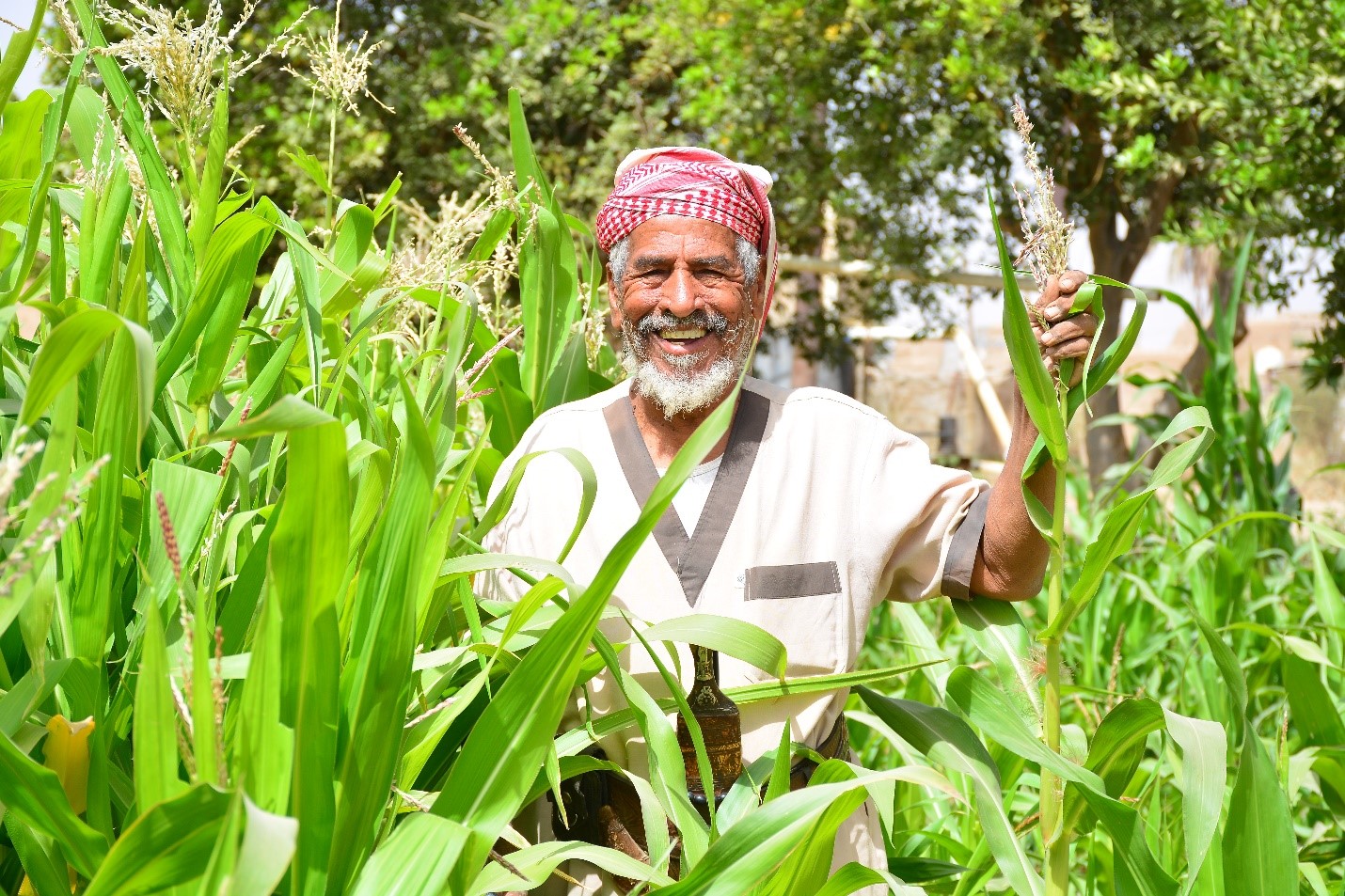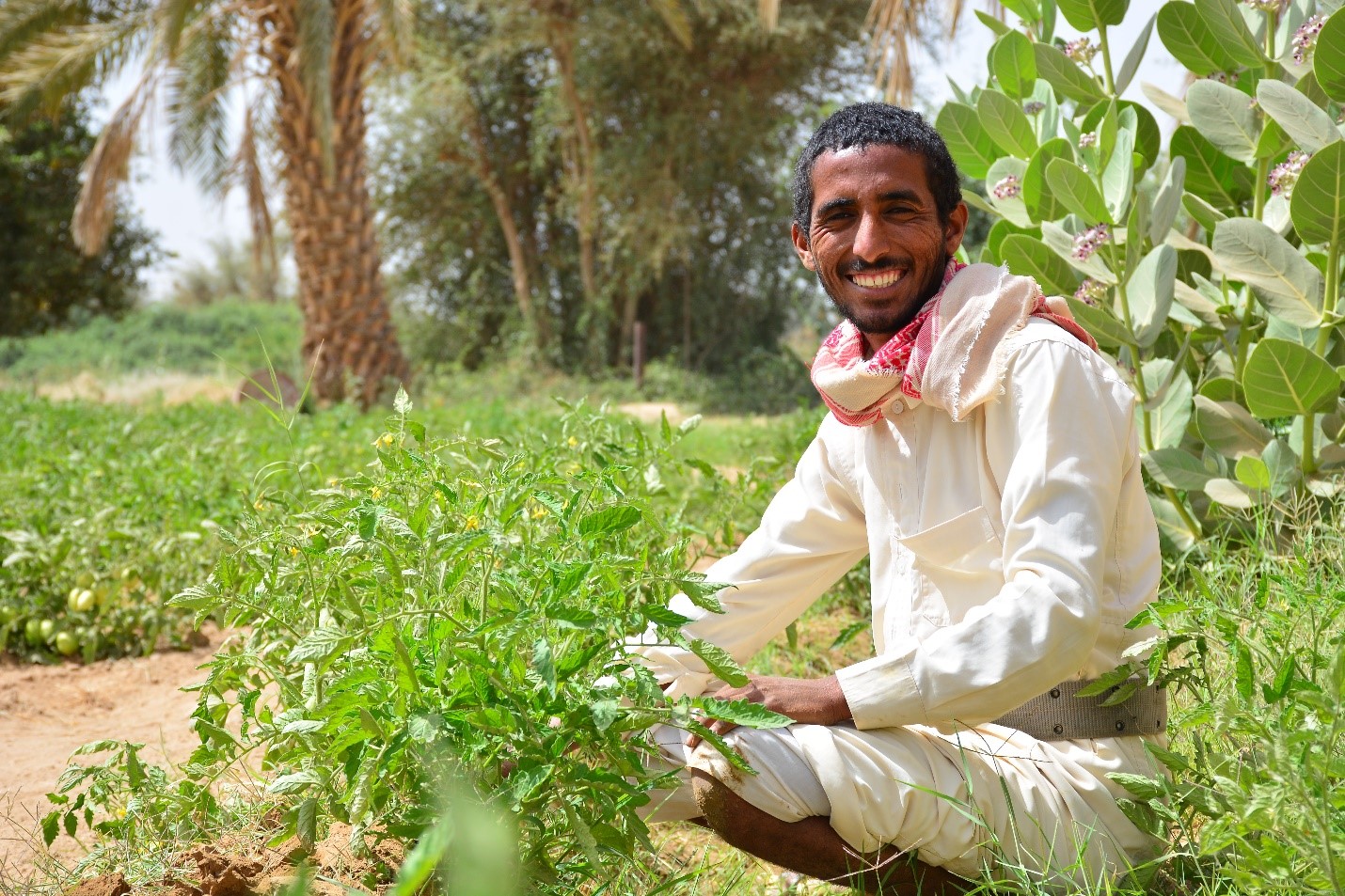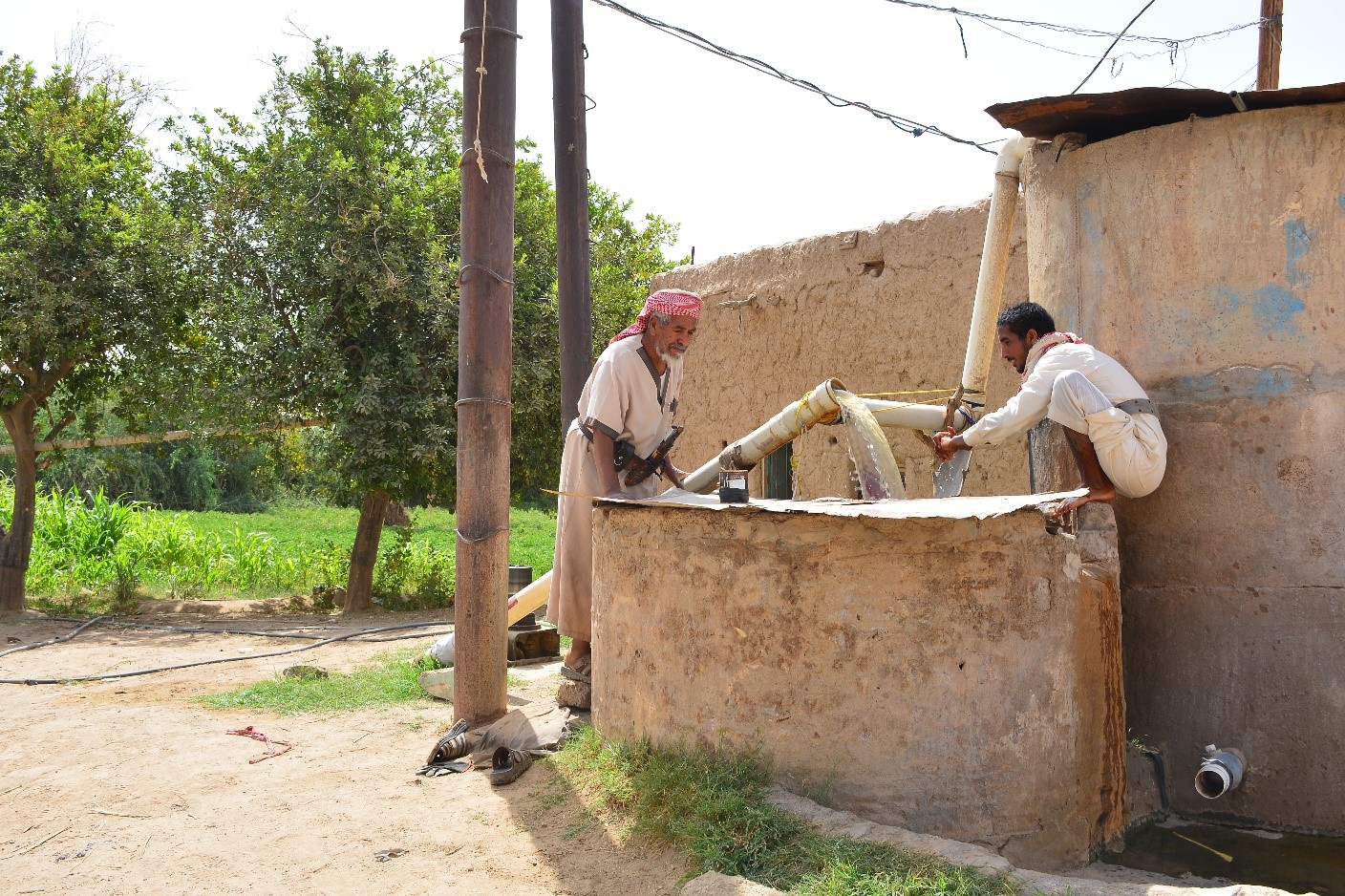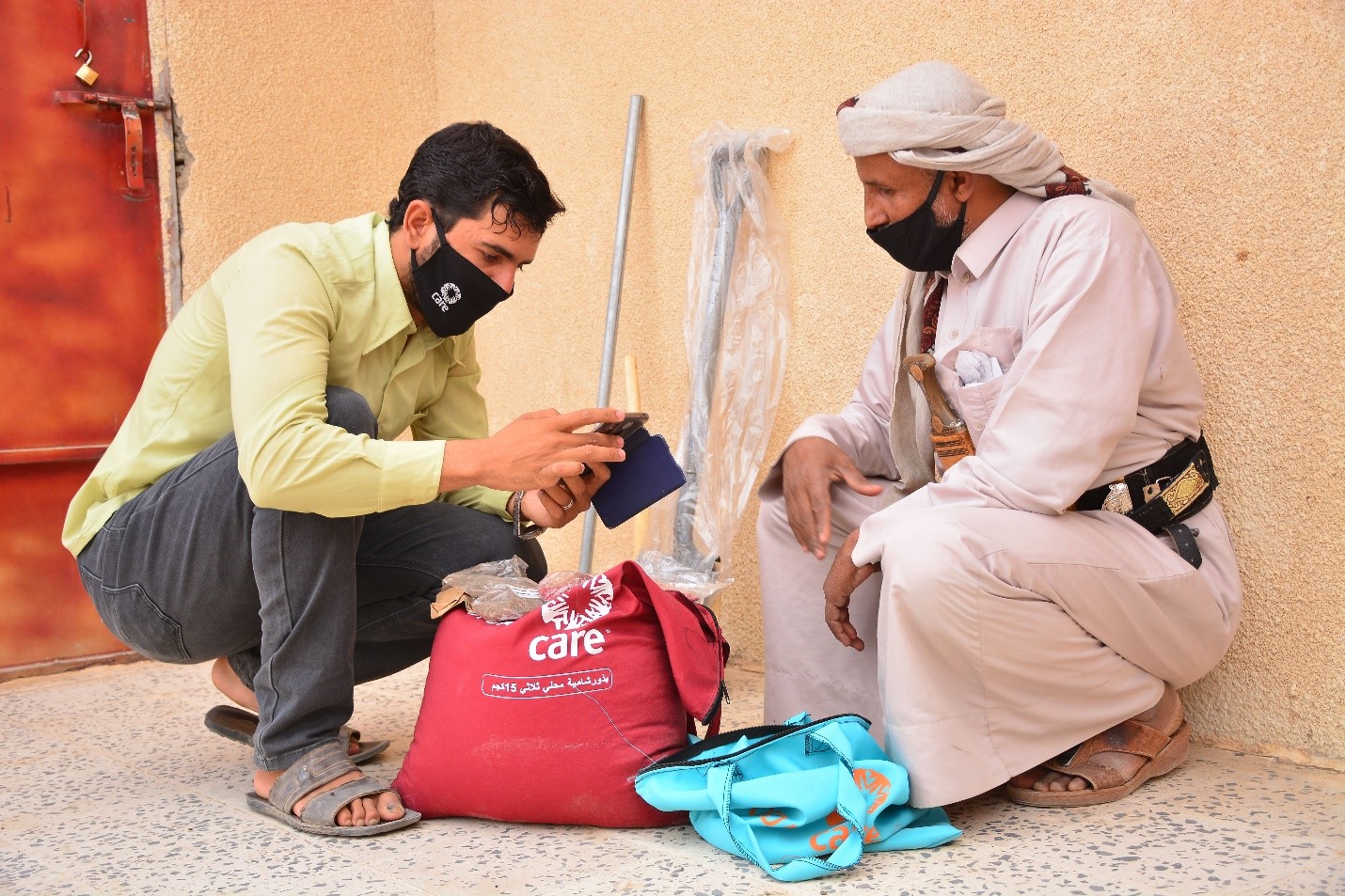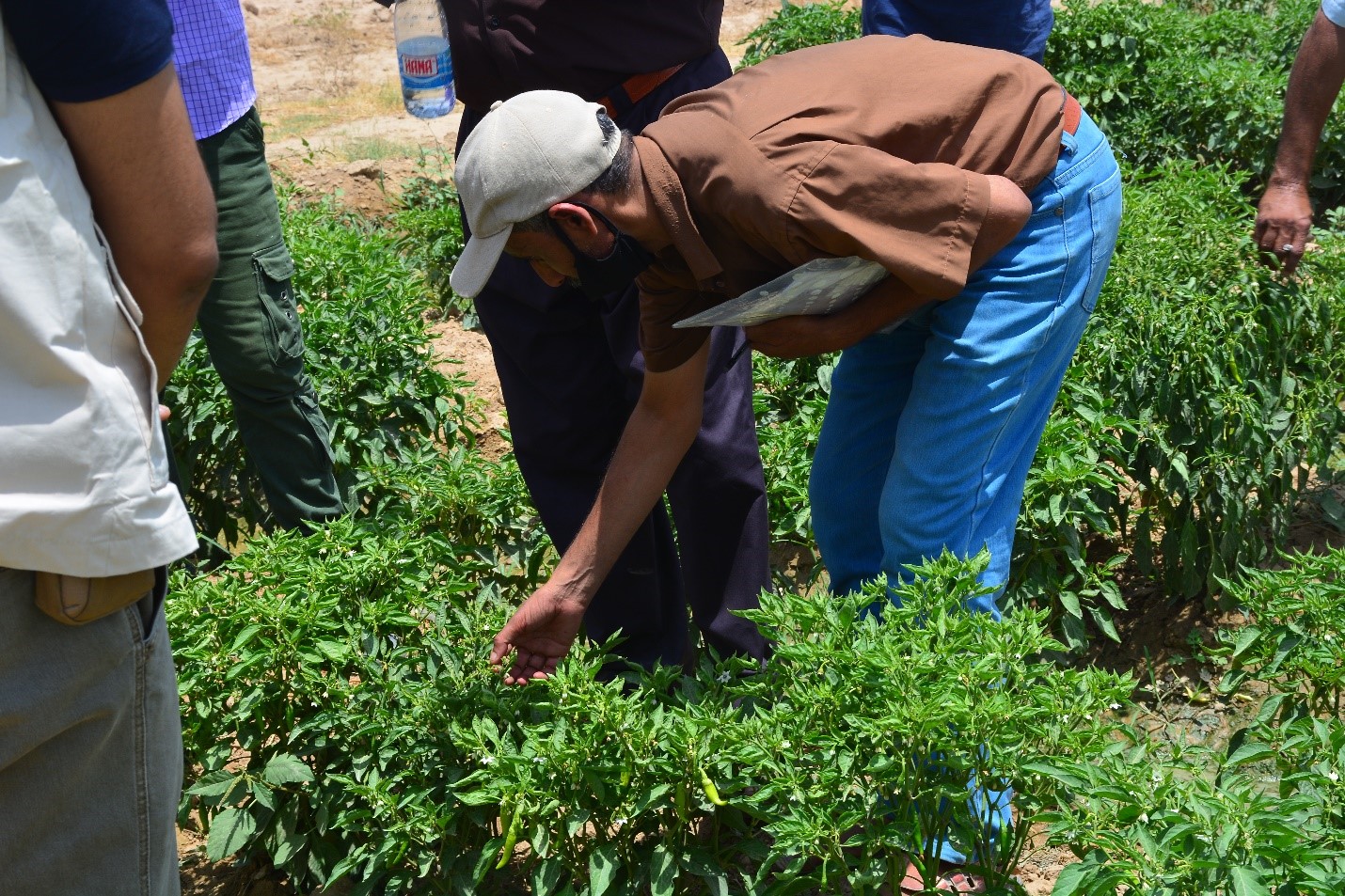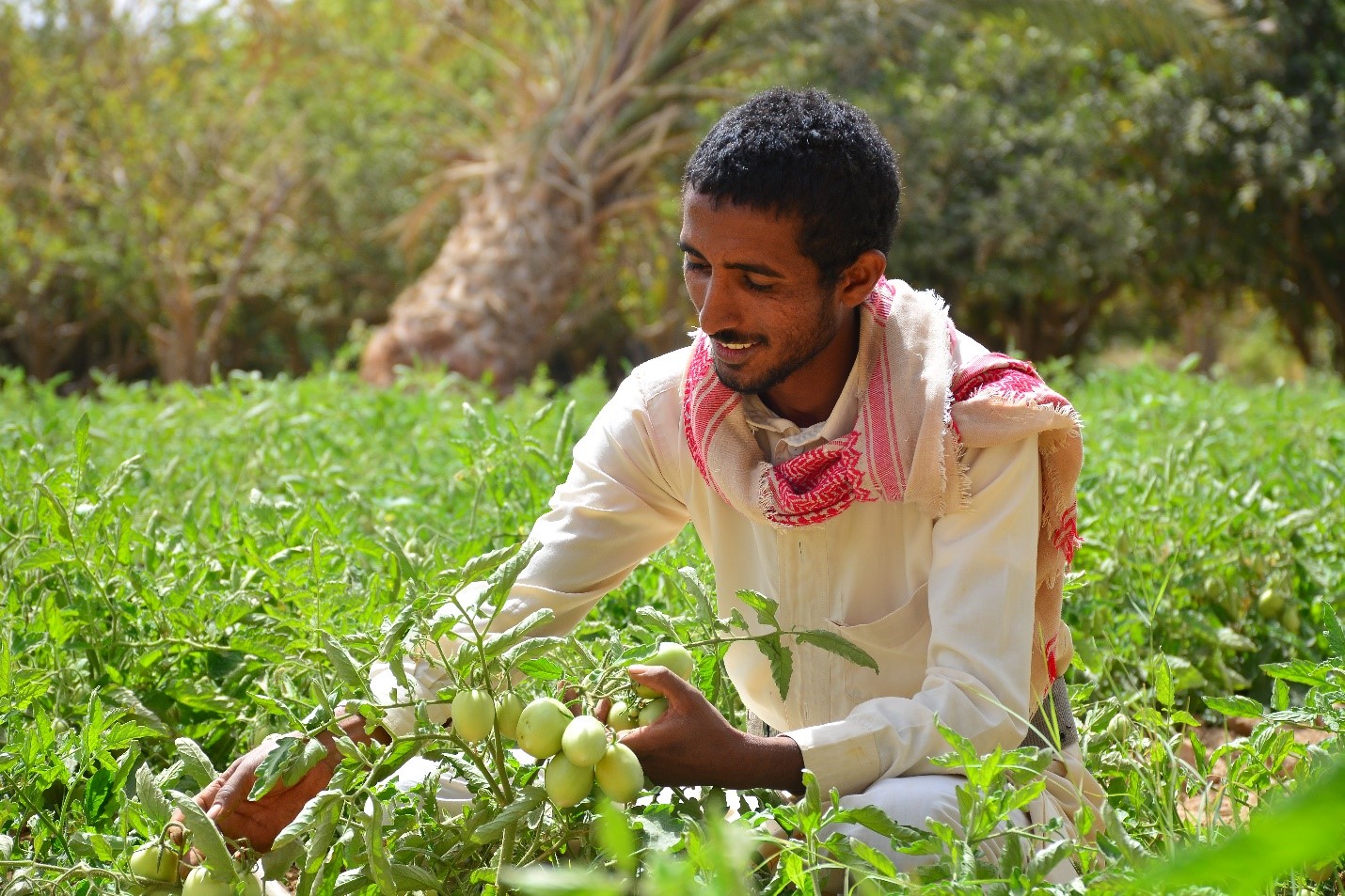Entering its eighth year, the armed conflict in Yemen continues to exacerbate levels of poverty and food insecurity across the country. Over 80 percent of Yemenis live below the poverty line. According to the 2022 Humanitarian Needs Overview (HNO) analysis, 23.4 million people in Yemen are estimated to require humanitarian assistance.
An estimated 17.4 million people in Yemen (54 percent of the total population) are projected to experience food insecurity in 2022. More than eight million people in Yemen need lifesaving curative and preventive nutrition assistance. Women and children face the most severe forms of food insecurity, with 1.3 million pregnant and nursing mothers and 2.2 million children under the age of five requiring treatment for acute malnutrition.
Conflict is the primary driver of the dire food insecurity situation in Yemen, causing widespread damage to infrastructure, as well as triggering internal displacement, affecting agricultural production, imposing movement constraints, and disrupting livelihoods. An extraordinary breakdown of public services like healthcare, education, water, and sanitation has further worsened living conditions for the Yemeni people.
